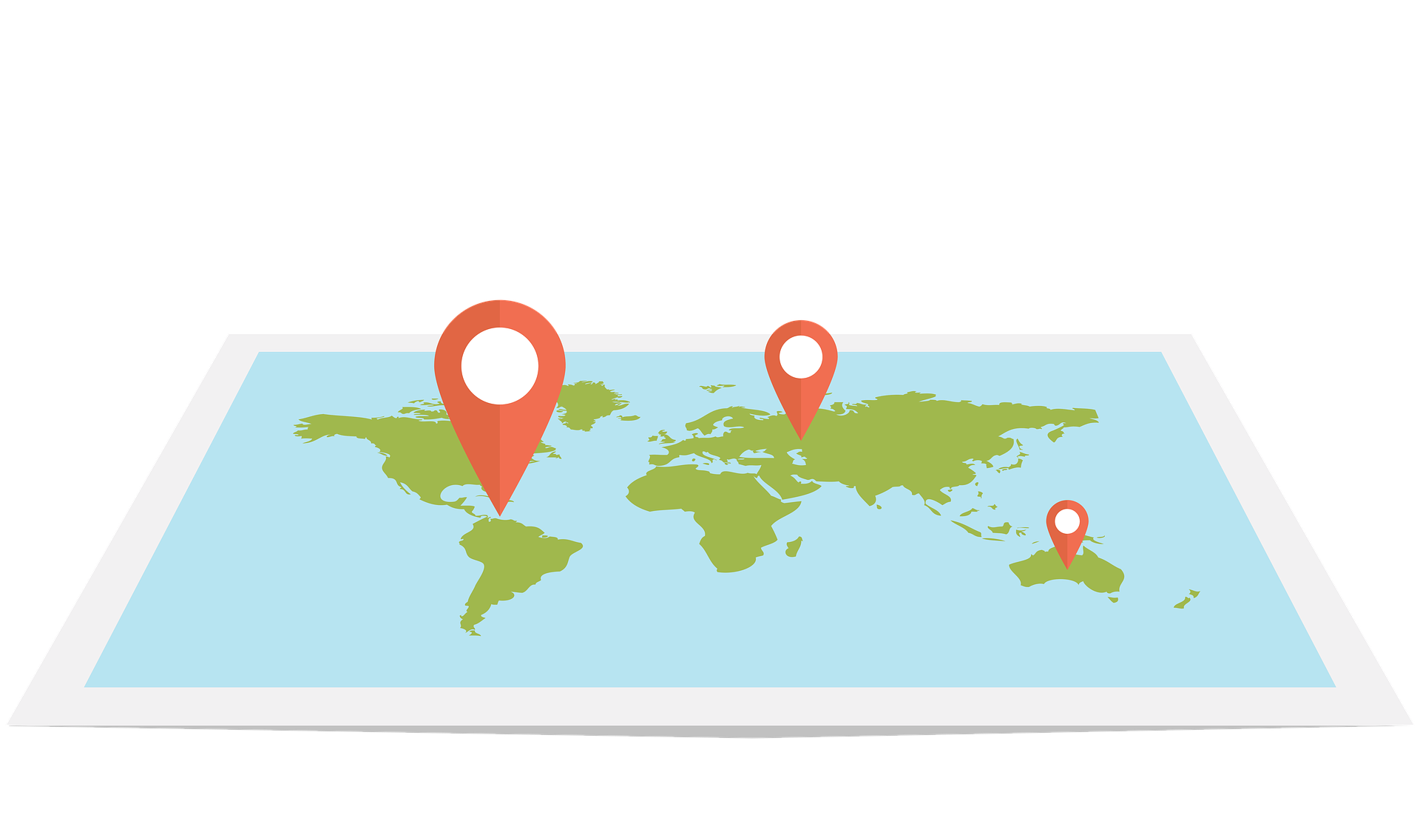Researchers with lived experience of mental health problems have insights that others do not, using our voice to generate knowledge. We notice things that others miss, such as how the layout of a focus group reinforces power imbalances inherent in the mental health system. Our ethos is ‘doing with’ rather than ‘doing to’. Identifying as a peer in a research project can reduce barriers between us and participants, developing a supportive atmosphere based on having similar lived experiences.
People who live with the day-to-day challenges associated with their mental well-being may experience some difficulties in a research career. This is an emerging profession and there are few role models. We may face stigma and discrimination because of our experiences, or risk having our other professional/personal identities minimised. We also face additional emotional burden when reflecting on our insights and experiences, some of which have been troubling or traumatic. Supportive management structures and peer support are essential.
5 REASONS WHY THOSE WITH LIVED EXPERIENCE MAKE GOOD RESEARCHERS
- We have essential knowledge, experience and skills not always found among those without lived experience.
- We have a particular investment in research outcomes – they will influence us and our communities.
- We know how inaccessible research can be, and can help keep language accessible to all.
- We are well placed to understand reflexivity. Thinking about your position in relation to the work you're doing is an important part of the research process.
- The trust and communication that flows between people who have shared similar experiences is invaluable.
-
- Survivor Researcher Network
- HERON network
- McPin Foundation
The SRN Survivor Researcher Network is a discussion and Support Group for Survivor Researchers organised within the National Survivor User Network. It is a space for people with lived experience of mental distress to discuss survivor research ideas and texts and the issues and barriers we face in getting involved in doing mental health research.
Find out more: https://www.nsun.org.uk/
The Health Inequalities in Research (HERON) network currently offers voluntary placements. It also offers researchers the chance to attend quarterly career advice sessions with members of the Health Inequalities Research Group (including people with academic, clinical and hybrid roles).
Find out more here: https://heronnetwork.com/
McPin Foundation is a mental health research charity that believes research is done best when it involves people with relevant personal experience that relates to the research being carried out. They call this expertise from experience and integrate this into their work by:
- Delivering high-quality, collaborative mental health research and evaluations
- Helping shape the research of others, often advising on involvement strategies
- Working to ensure research achieves positive change
They offer occasional funding through McPin itself or via a fund they we host. These include the Judi Meadows Memorial Fund, focused on depression and suicide, and Words That Carry On, exploring the interaction of autism and complex emotional needs. McPin are currently co-funding a PhD on the mental health and well-being of academic researchers and recently supported a PhD on the impact of suicide on friends and family networks.
If you are looking for funding for a project that incorporates expertise from experience, you can sign up to their Involvement Bulletin where they advertise funding and other opportunities.
TAKE THE NEXT STEP
There are a variety of roles open to people with lived experience working as researchers. The career structure may not be as well defined as it is for other professions. We have found that many roles are freelance, ad hoc, contracted or low paid. Roles mainly exist in universities and in the charity sector, though many of us work independently. Some of us got into research through first being involved in Patient and Public Involvement (PPI) activities, or by taking part in research as a participant, although this is not always a pre-requisite for a research career. Many people get involved through local user led or community-based organisations. Other people have taken a more traditional route through universities.
Talk to others who are using their lived experience via research networks
Seek out placement opportunities via the research networks
Look out for Research Assistant (RA) positions which ask for lived experience
CASE STUDIES OF LIVED EXPERIENCE RESEARCHERS
LANGUAGE NOTE
Many lived experience researchers will describe themselves in different ways. Peer, survivor, consumer researchers are all terms that have subtle differences in meaning. On this site we use the term 'lived experience researcher'.





